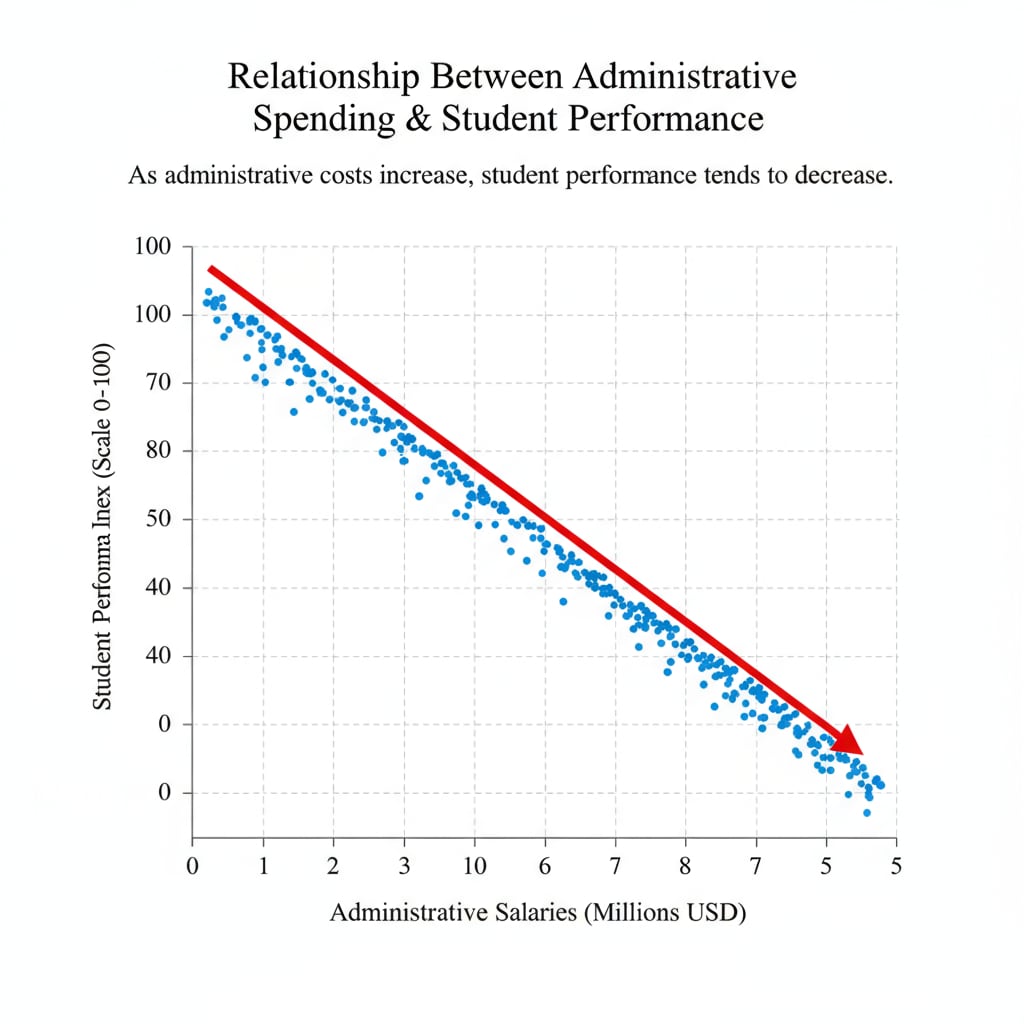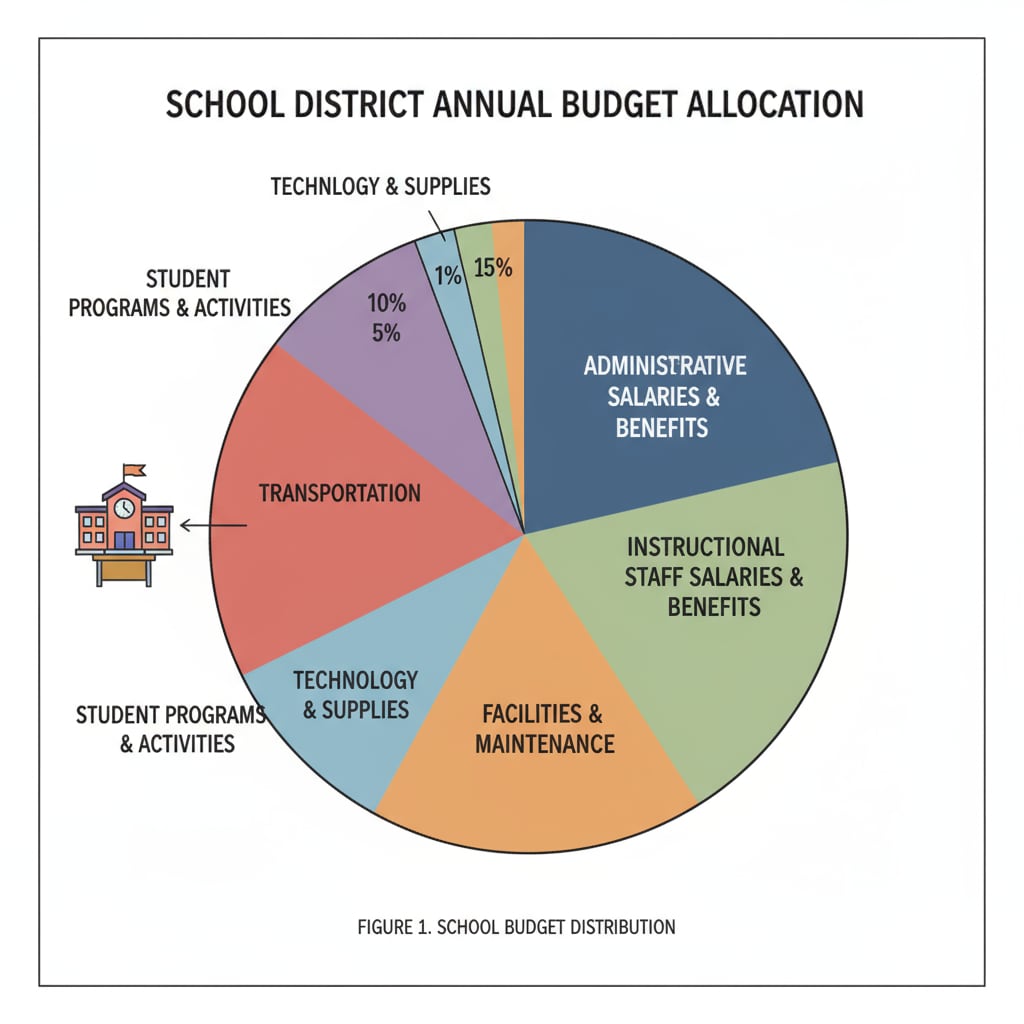Education management, administrative salaries, and student performance are intricately linked, and recent reports have brought to light a disturbing trend. There seems to be a negative correlation between the amount spent on administrative salaries and the academic achievements of students. This issue demands a closer look.

The Alarming Trend
Data from various educational institutions indicates a worrying pattern. As administrative salaries increase, student performance metrics such as test scores, graduation rates, and overall academic progress seem to decline. For example, in some large school districts, a significant portion of the budget has been allocated to administrative positions, leading to fewer resources available for classroom instruction. National Center for Education Statistics provides valuable data that can be used to analyze this trend further.
The Root Causes
One of the main reasons for this situation is the overemphasis on administrative growth. Schools and educational institutions often prioritize expanding administrative teams, believing it will lead to better management. However, this has led to a disproportionate share of the budget going towards salaries and benefits for administrators. Additionally, there is a lack of clear accountability in resource allocation. Without proper checks and balances, it becomes easy for funds to be misdirected. National Education Association offers insights into how to address these issues.

Another factor is the lack of investment in teaching resources. Teachers are the backbone of education, but when a large part of the budget is consumed by administrative costs, there is less money available for textbooks, educational technology, and professional development for teachers. This directly impacts the quality of education students receive.
Readability guidance: As we can see, the problems are multifaceted. We need to consider all these factors when looking for solutions. We should focus on reallocating resources to ensure that students’ learning needs are met first.


